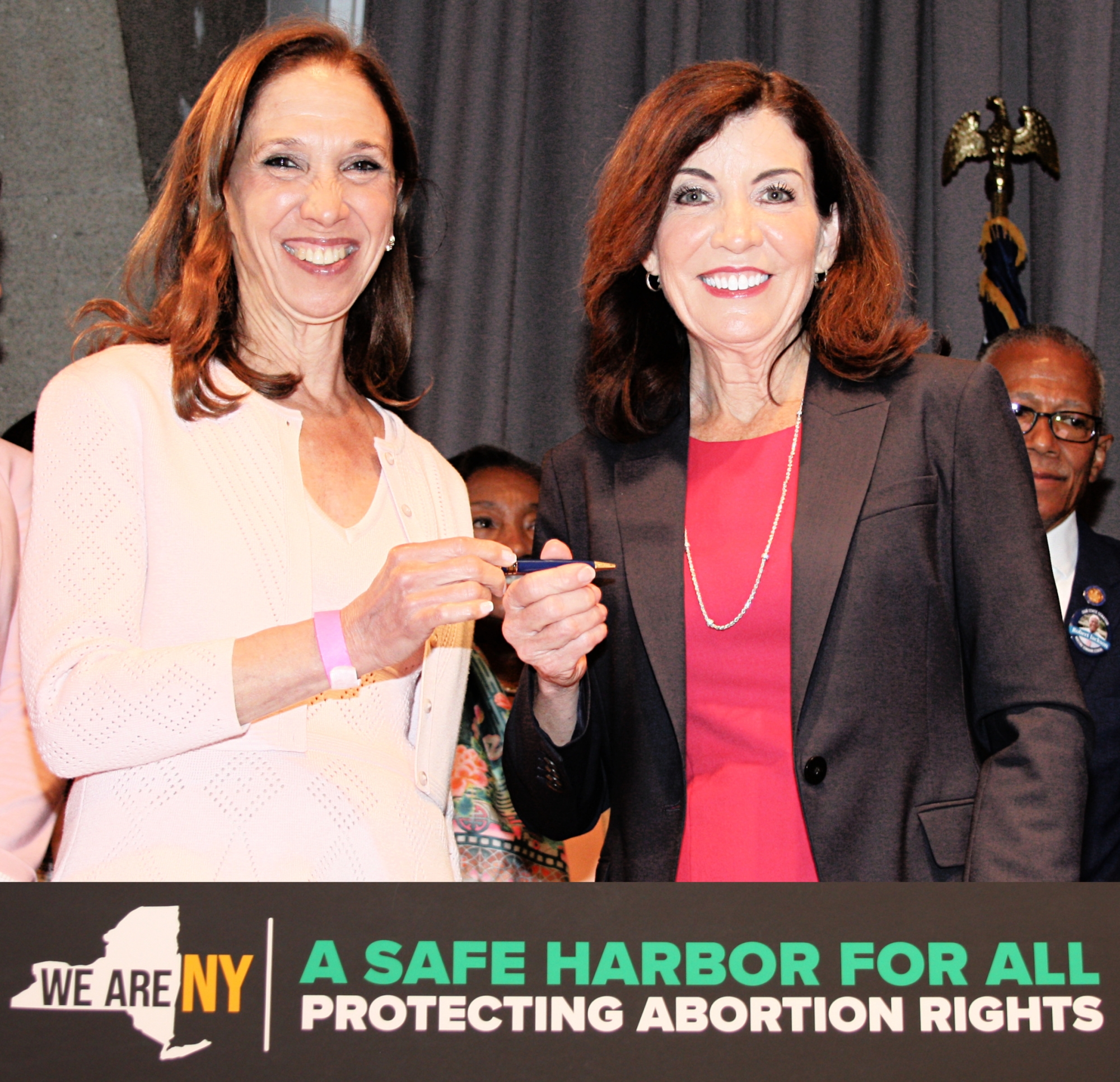Assemblymember Paulin Introduces Legislation to Expand Abortion Medication Access
Paulin’s bill would allow pharmacists to dispense abortion medication with non-patient specific prescriptions, increasing access for New Yorkers
Albany, NY – Assemblymember Amy Paulin is introducing legislation to expand abortion access by allowing pharmacists to dispense abortion medication with the use of non-patient specific prescriptions.
The Food and Drug Administration (FDA) recently made a welcome regulatory change allowing the abortion pills mifepristone and misoprostol to be offered in retail pharmacies. Mifepristone and misoprostol are drugs which can be safely self-administered by a patient at home over a 2-day period in order to medically induce an abortion. Mifepristone and misoprostol can be taken up to 12 weeks into a pregnancy, greatly expanding the abortion window for women.
“As states around the nation are tragically banning and limiting access to abortions, New York needs to continue to expand abortion options and ease of access,” said New York State Assemblywoman Amy Paulin.
While current State law allows abortion medication to be prescribed by a licensed physician, certified nurse practitioner or properly licensed midwife, Paulin’s legislation would expand access and reduce costs for women by allowing these healthcare professionals to prescribe a non-patient specific regimen of abortion medication to be dispensed by a local pharmacist, eliminating the need for an additional trip to the doctor’s office. “Allowing pharmacists to dispense this medication will lower costs and help address access disparities for many New Yorkers, especially marginalized populations, who are more likely to live closer to a pharmacy than a physician’s office,” said Paulin.
Abortion medication is appropriate for a non-patient specific prescription model because it is safe and effective, has few side effects, and directions for its use are so simple that physician oversight is not needed.
In 2021, over half of abortions in the United States were medication abortions, specifically using the two-drug regimen of mifepristone and misoprostol. The FDA has found that medication abortion is safe and effective, with a 0.4 percent risk of major complications and an associated mortality rate of less than 0.001 percent. The medication comes with no risk of overdose or addiction.
Not only has this two-drug combination been proved safe and effective to induce abortions up to 12 weeks into a pregnancy, but doctors often prescribe this same regimen for early pregnancy loss, as it helps expel a miscarriage.
This proposed legislation serves to ensure affordable access to abortion medication by including amendments to State insurance law. The amendments would require that insurance policies cover abortion medication, removing cost as a barrier to women’s access to this type of safe and effective reproductive healthcare.
“By expanding an individual’s access to this medication, and amending insurance law to cover its cost,” said Paulin, “we are helping women receive the care they need when they need it most.”

